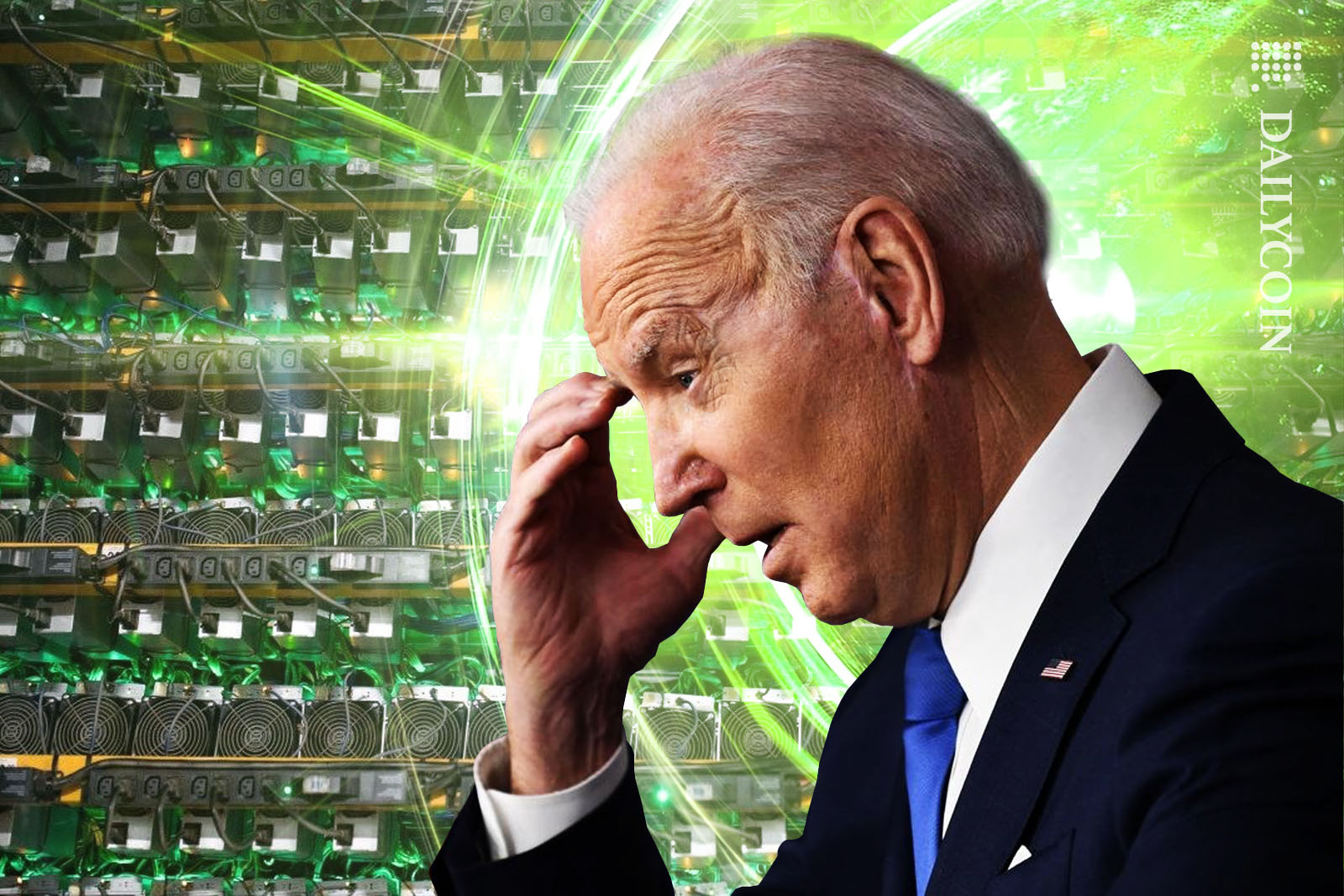
- A US federal judge sides with Bitcoin miners.
- Bitcoin miners saw data demands as a threat to their business interests.
- The court deemed the Department of Energy’s data demands beyond the law.
US Bitcoin miners launched legal action against the Department of Energy (DoE) last week, stating that mandatory data surveys amounted to regulatory overreach and illegal data collection. The latest twist in this saga saw a federal judge grant a temporary restraining order (TRO) in favor of Bitcoin miners, blocking the DoE’s invasive demands.
Bitcoin Miners See Temporary Relief
The US District Court sided with the Texas Blockchain Council (TBC) and Riot Platforms in issuing a TRO against the Department of Energy, blocking their attempt to enforce an “unprecedented and illegal data collection demand” against Bitcoin miners.
The DoE sought information on sensitive operational information, including specifications of machines used, locations of operations, and contractual details with energy partners. Bitcoin miners were given ten days to comply or risk prosecution, including fines.
Sponsored
Judge Albright concluded that complying with the DoE’s mandatory data survey would cause miners “immediate and irreparable injury” through unrecoverable compliance costs, threats of prosecution for non-response, and the disclosure of proprietary information, undermining business strategies.
Summing up his decision, Judge Albright stated that Bitcoin miners have the “right to be free from collections of information beyond authorized by law” and that “administrative agencies [should] abide by boundaries set forth in regulations and statutes.”
Although Judge Albright saw fit to defend Bitcoin miners’ rights, the environmental impact of Proof-of-Work mining continues to be a divisive political issue.
Mining Threatens Energy Stability?
In a resurgence of political tensions, White House officials have reiterated their opposition to Bitcoin miners, expressing concerns regarding the strain mining activities place on the US energy grid, according to Fox correspondent Charles Gasparino.
Sponsored
Gasparino reported that digital asset advocates responded by stating that such “fears are overblown” and constitute a cover to widen the scope of regulatory oversight against the crypto industry.
The issue of Bitcoin mining has sparked ongoing debates centered on its negative environmental footprint and the broader social impact. This contested topic has led to a standoff between opposing factions, each unwilling to yield ground.
On the Flipside
- The Bitcoin Mining Council claimed that mining uses 60% renewable sources and just 0.17% of the global electricity supply.
- Senator Elizabeth Warren is leading an anti-crypto campaign to crack down on self-hosted wallets based on countering illicit financing.
- The TRO specifically prevents the DoE from collecting or compelling survey responses for 14 days from February 23.
Why This Matters
The temporary order lends momentum to industry advocates pushing back against perceived anti-crypto regulators. Though more consequential legal sparring lies ahead, the court’s willingness to question agency overreach should hearten the blockchain community.
Read about the Bitcoin ETFs reaching a new milestone here:
Bitcoin ETFs Top 300,000 BTC Holdings in Less Than Two Months
Find out more on Theta Network drive to AI cloud computing here:
Theta Network Re-Enters Top 50 on EdgeCloud AI Unveil
